Nokia shareholders expected to rubber stamp sale
Smartphone business set to sold off to Microsoft for €5.44 billion.
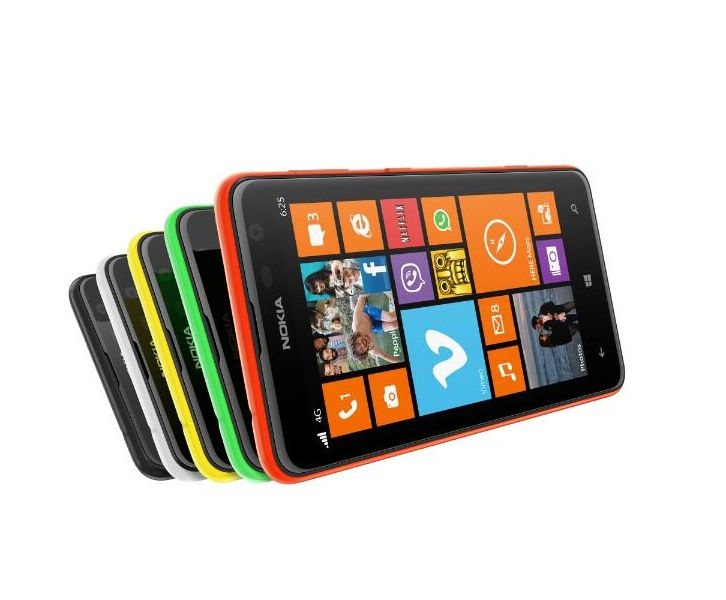
Nokia shareholders are expected to green-light the sale of its mobile phone business to Microsoft today.
The Finnish firm agreed in September to sell its devices and services business and license its patents to Microsoft for 5.44 billion ($7.36 billion) after failing to recover from a late start in smartphones.
The sale, which is expected to close in the first quarter of next year after regulatory approvals, is set to boost Nokia's net cash position to nearly 8 billion from around 2 billion in the third quarter and allow it to return cash to shareholders, possibly through a special dividend.
I think 5.44 billion is definitely good for Microsoft. I'm not sure it's the best deal for shareholders.
Without the loss-making handset business, the remaining company will earn over 90 per cent of sales from telecom equipment unit Nokia Services and Networks (NSN) and will also include a navigation software business and a trove of patents.Since the Microsoft deal was announced, Nokia shares have doubled, closing at 6.00 on Monday.
Last year, they fell as far as 1.33, a level not seen since 1994, on worries the mobile phone business would burn through cash before it could ever catch up with rivals such as Apple and Samsung.
Billionaire and activist investor Daniel Loeb said in October that he had taken a position in Nokia and that he expects a "meaningful portion of the excess" cash from the Microsoft deal to be returned to investors.
While approval from shareholders is considered a done deal, Tuesday's meeting, which starts at 2:00 p.m. (1200 GMT) in Helsinki's Ice Hall arena, will also be a chance for some shareholders to vent their dissatisfaction.
Sign up today and you will receive a free copy of our Future Focus 2025 report - the leading guidance on AI, cybersecurity and other IT challenges as per 700+ senior executives
The sale of the mobile phones business, Finland's biggest brand and at one point worth 4 perc ent of national GDP, came as a shock to many Finns. The company's success helped to transform Finland from a backwater economy in the shadow of the Soviet Union into a high-tech powerhouse.
At Nokia's last regular shareholders' meeting, many shareholders took to the microphone to question CEO Stephen Elop's strategy, particularly his 2011 decision to adopt Microsoft's Windows Phone software over Nokia's own Symbian or Google's widely popular Android operating system.
Elop stepped down when he announced the agreement with Microsoft, his former employer, and is due to return to the Redmond, Washington company when the deal closes.
Finnish tabloids have called him a "Trojan horse", although most analysts have been sympathetic, saying there were few good options for the company by the time he was hired in late 2010.
One Finnish businessman and former Nokia manager had set up a group called Nokita, translated as "bet higher" in Finnish, in an attempt to outbid Microsoft. He said on Monday that he failed to find enough investors.
"Of course there was a bit of a patriotic idea behind my plan, but there was also the calculation," said Juhani Parda, who believed Nokia's devices business could be worth around 23 billion in three years by adopting Android in addition to Windows Phone.
"I think 5.44 billion is definitely good for Microsoft. I'm not sure it's the best deal for shareholders."
ITPro is a global business technology website providing the latest news, analysis, and business insight for IT decision-makers. Whether it's cyber security, cloud computing, IT infrastructure, or business strategy, we aim to equip leaders with the data they need to make informed IT investments.
For regular updates delivered to your inbox and social feeds, be sure to sign up to our daily newsletter and follow on us LinkedIn and Twitter.
-
 Trump's AI executive order could leave US in a 'regulatory vacuum'
Trump's AI executive order could leave US in a 'regulatory vacuum'News Citing a "patchwork of 50 different regulatory regimes" and "ideological bias", President Trump wants rules to be set at a federal level
-
 TPUs: Google's home advantage
TPUs: Google's home advantageITPro Podcast How does TPU v7 stack up against Nvidia's latest chips – and can Google scale AI using only its own supply?
-
 Nokia hails success of Europe’s first commercial 5G cloud RAN deployment
Nokia hails success of Europe’s first commercial 5G cloud RAN deploymentNews Elise says its 5G cloud network puts it in a strong position during a move towards 6G
-
 Kyndryl and Nokia extend partnership to drive data center networking gains
Kyndryl and Nokia extend partnership to drive data center networking gainsNews The companies plan to offer more data center networking options aimed at enterprise customers
-
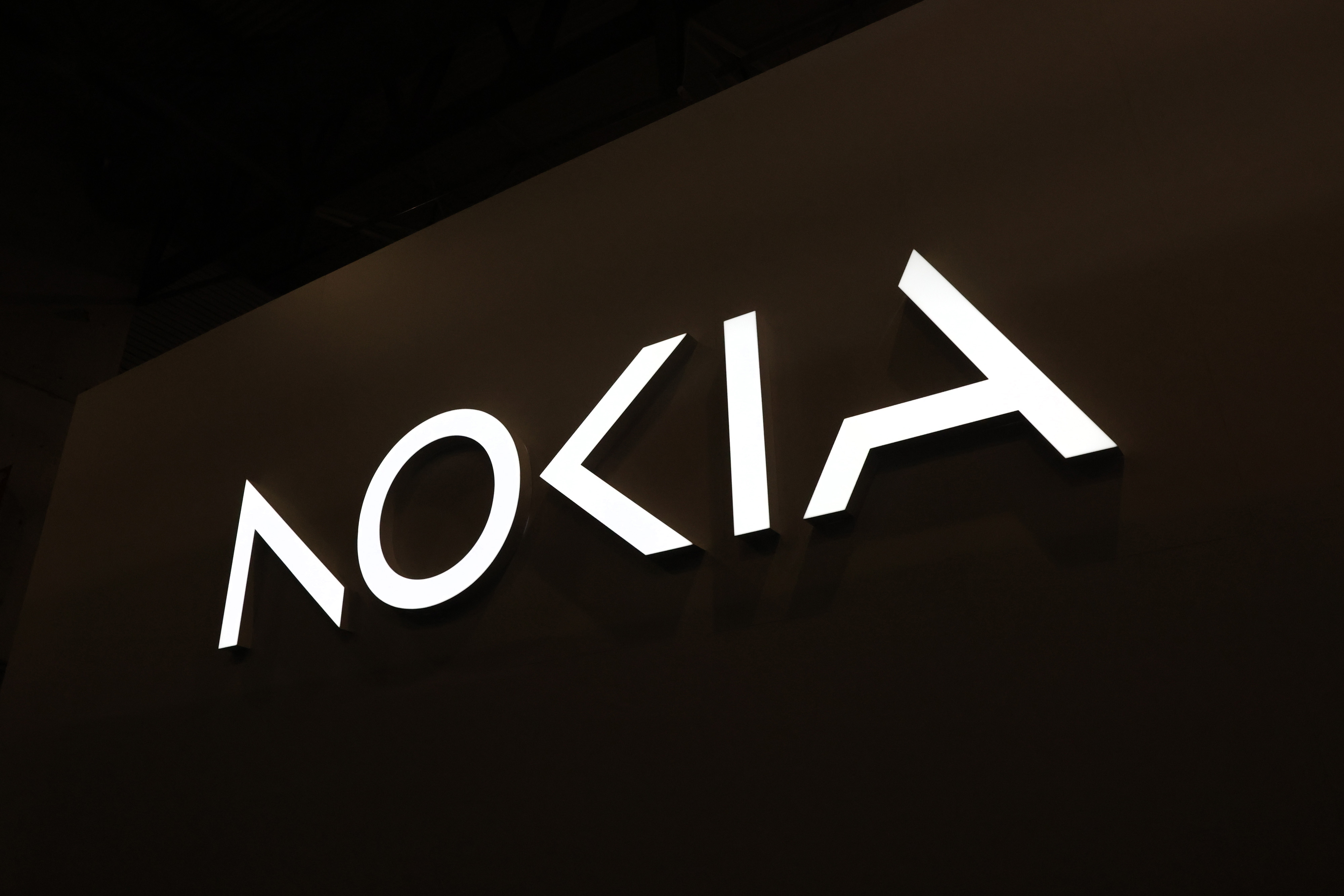 Dell and Nokia expand strategic partnership to drive network cloud transformation
Dell and Nokia expand strategic partnership to drive network cloud transformationNews The companies will leverage each other’s expertise and distribution to scale telecom networks and private 5G use cases
-
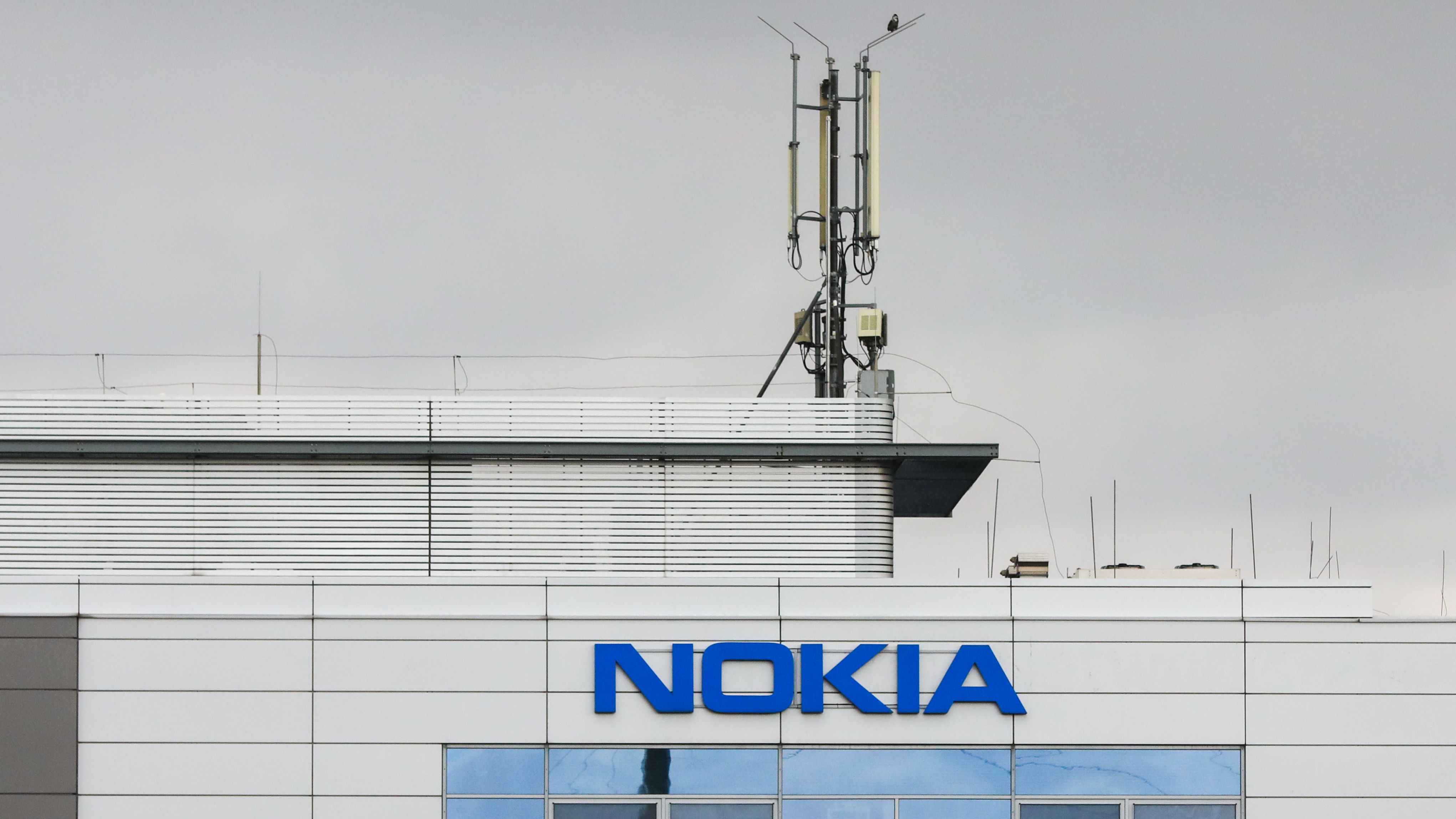 Nokia and Google score breakthrough in Android 13 network slicing
Nokia and Google score breakthrough in Android 13 network slicingNews Nokia's solution will allow devices to connect to multiple network slices simultaneously, provided by existing 4G and 5G operators
-
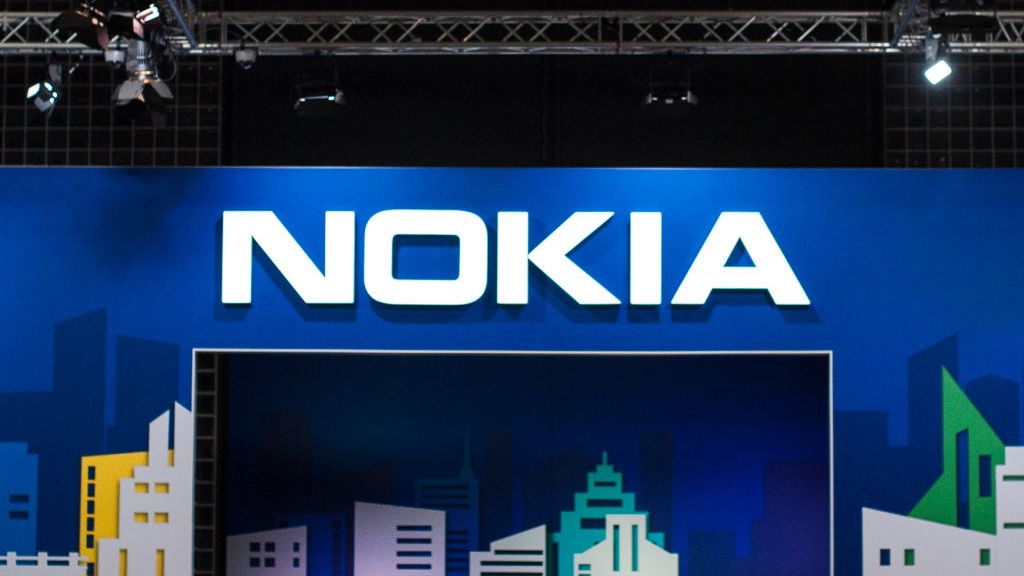 Nokia wins Indosat contract to expand 5G across Indonesia
Nokia wins Indosat contract to expand 5G across IndonesiaNews The deal will bring next-gen communication technology to customers across a 1.4 million square kilometre area
-
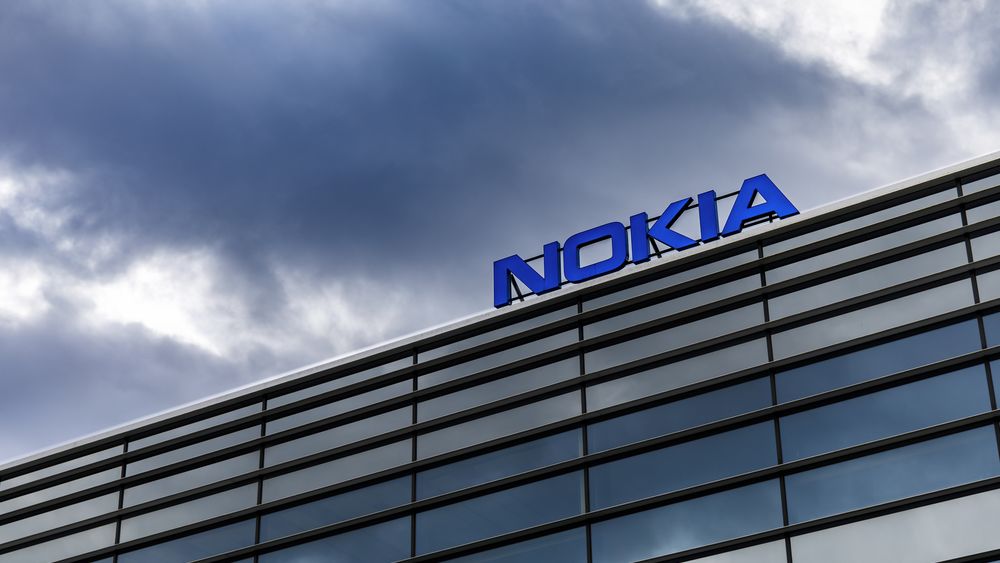 Nokia and Ligado partner on 4G, 5G enterprise private network
Nokia and Ligado partner on 4G, 5G enterprise private networkNews Nokia will leverage Ligado’s Band 24 spectrum to reach the US enterprise market
-
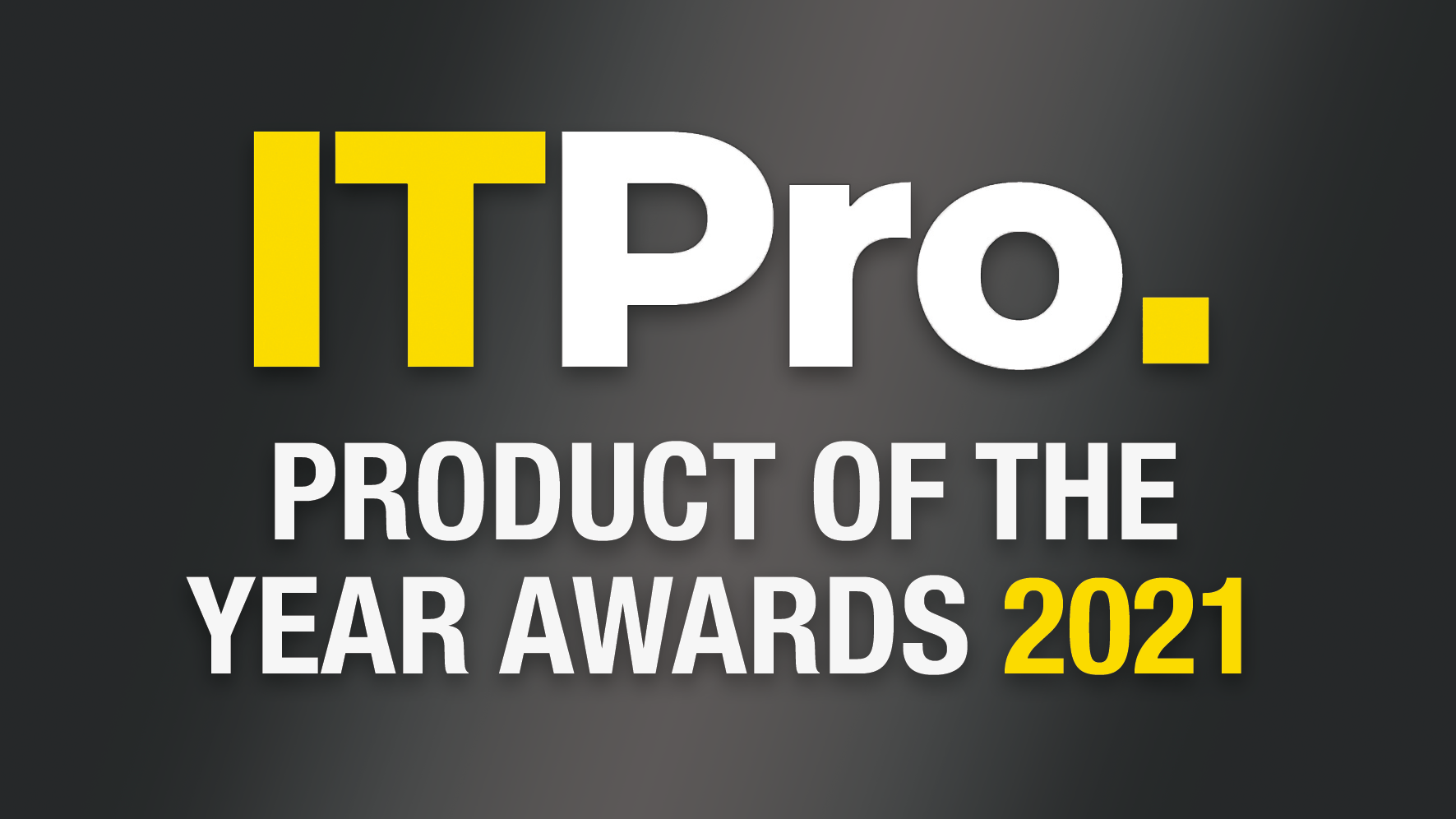 The IT Pro Products of the Year 2021: The year’s best hardware and software
The IT Pro Products of the Year 2021: The year’s best hardware and softwareBest Our pick of the best products from the past 12 months
-
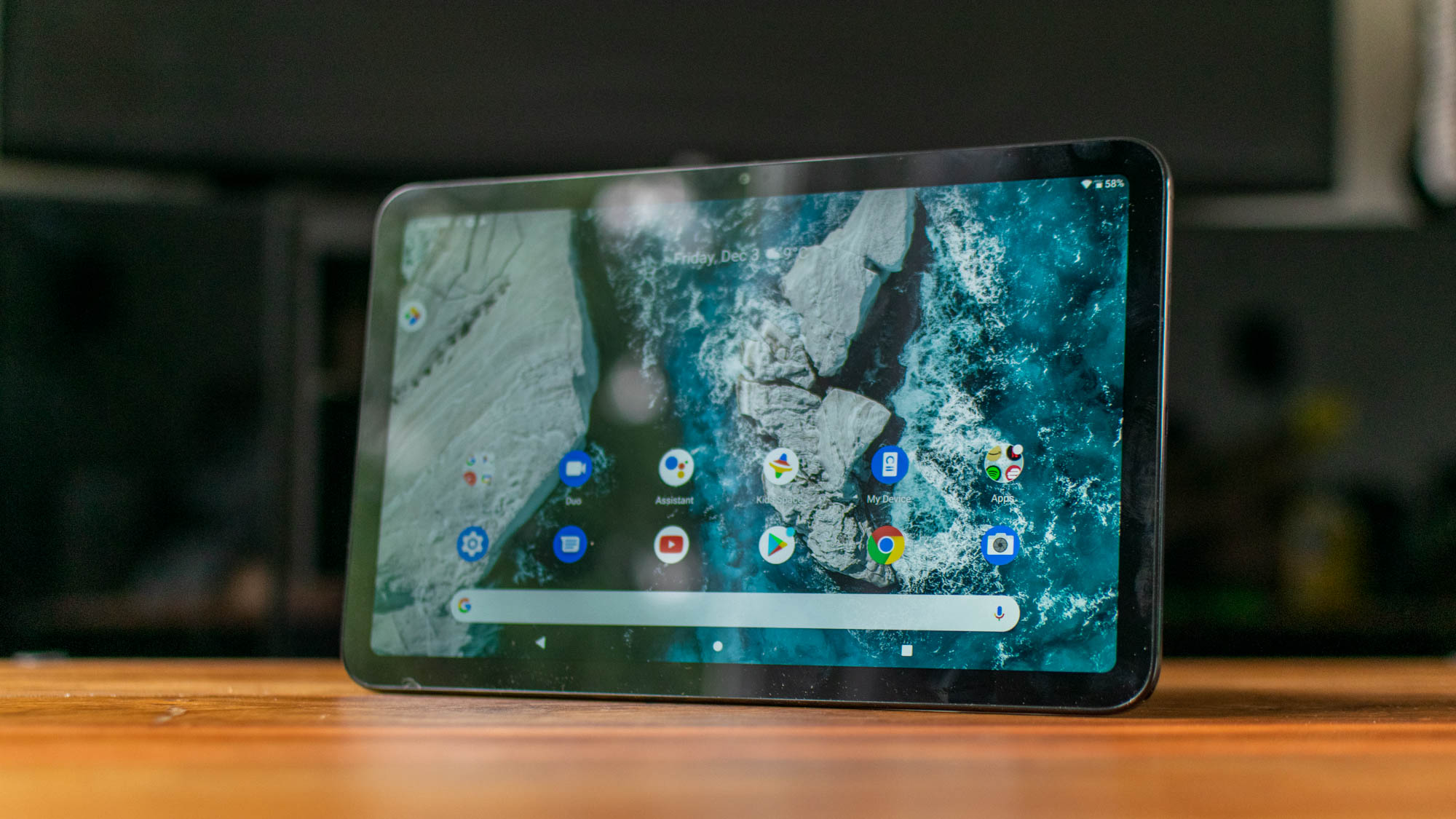
 Nokia T20 review: A simple, sturdy Android tablet at an SMB-friendly price
Nokia T20 review: A simple, sturdy Android tablet at an SMB-friendly priceReviews It’s not as luxurious as an iPad, but the T20 makes a fine, functional tablet for business

